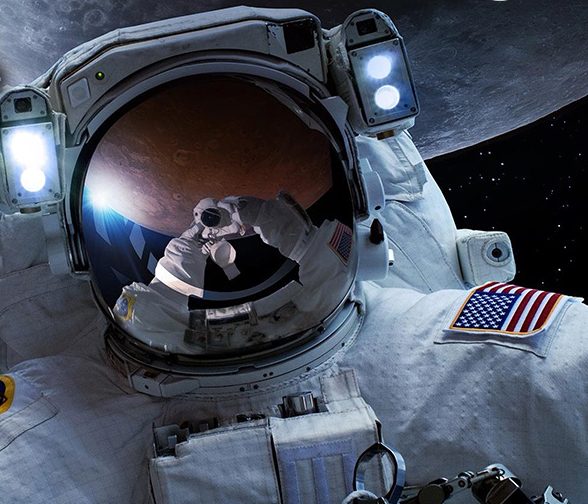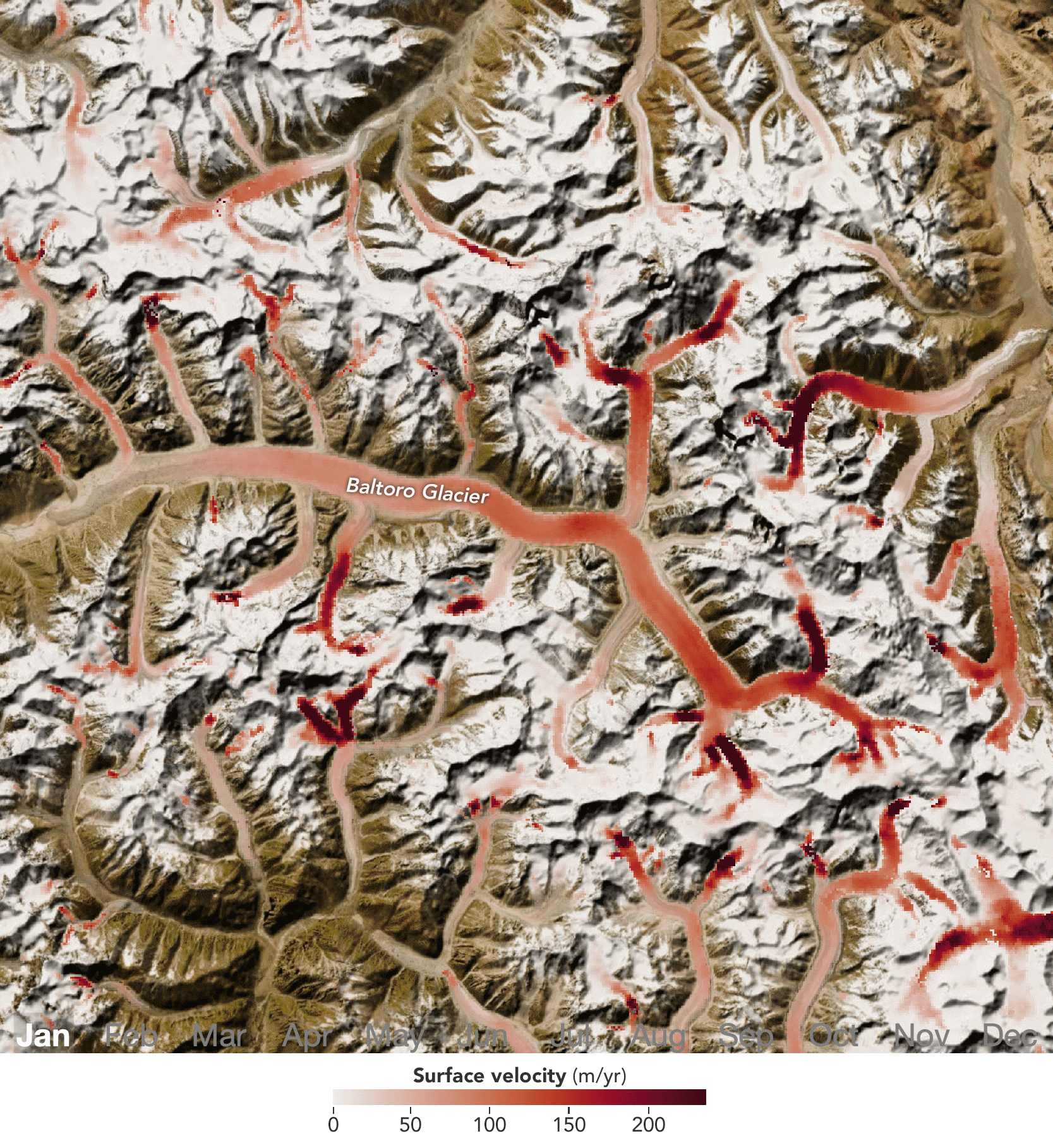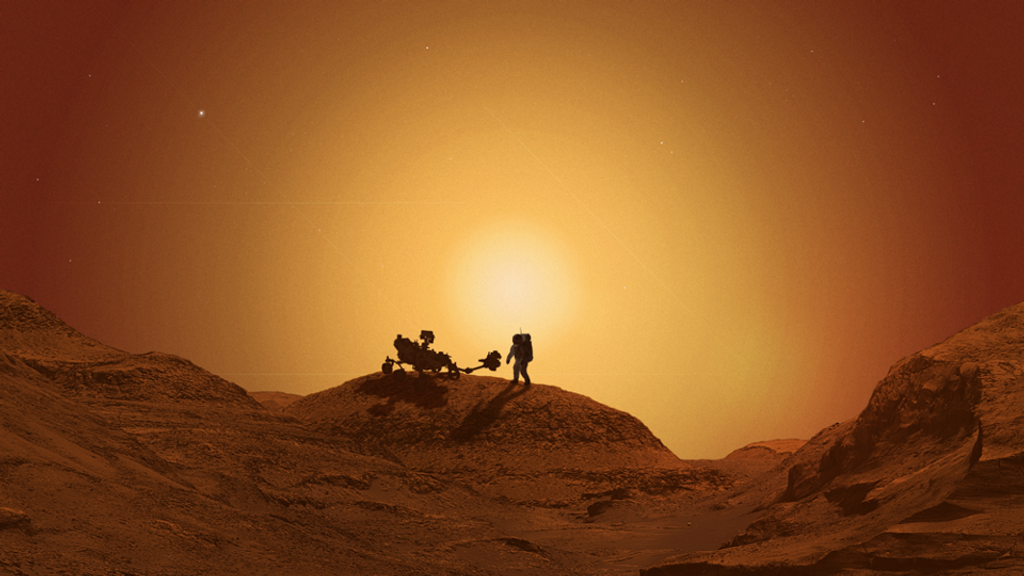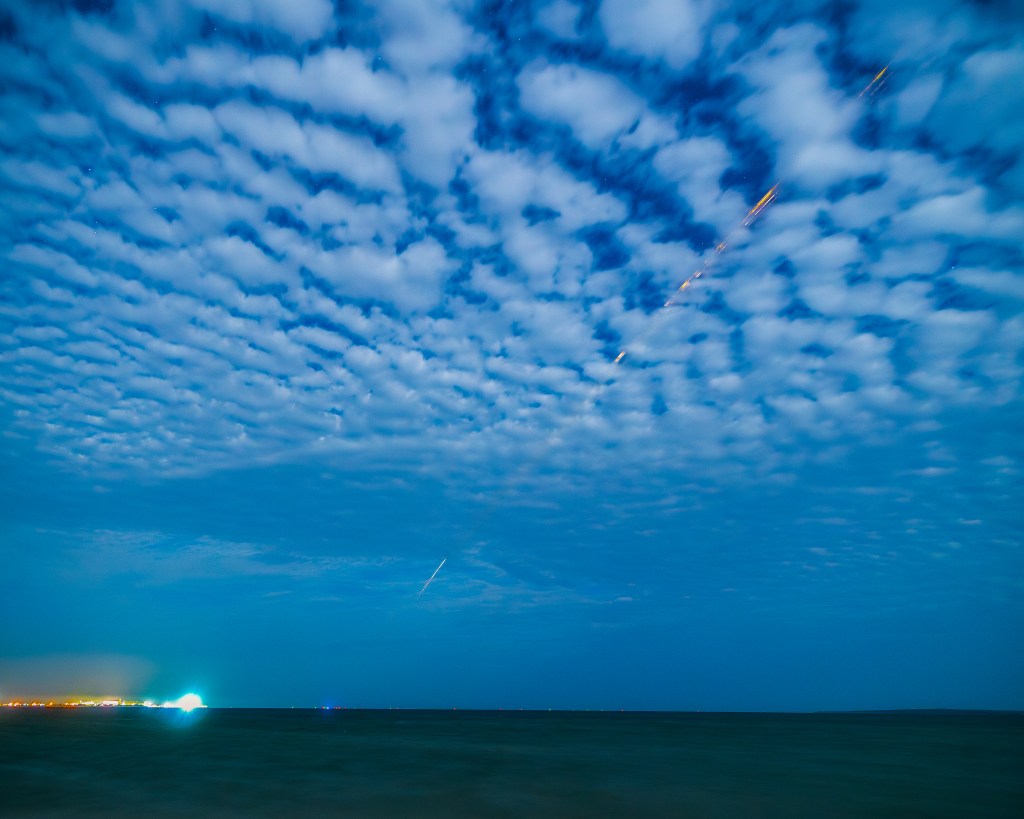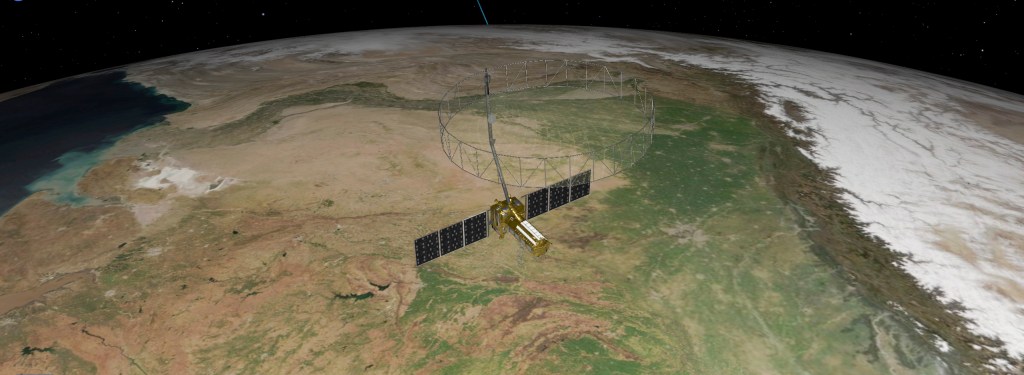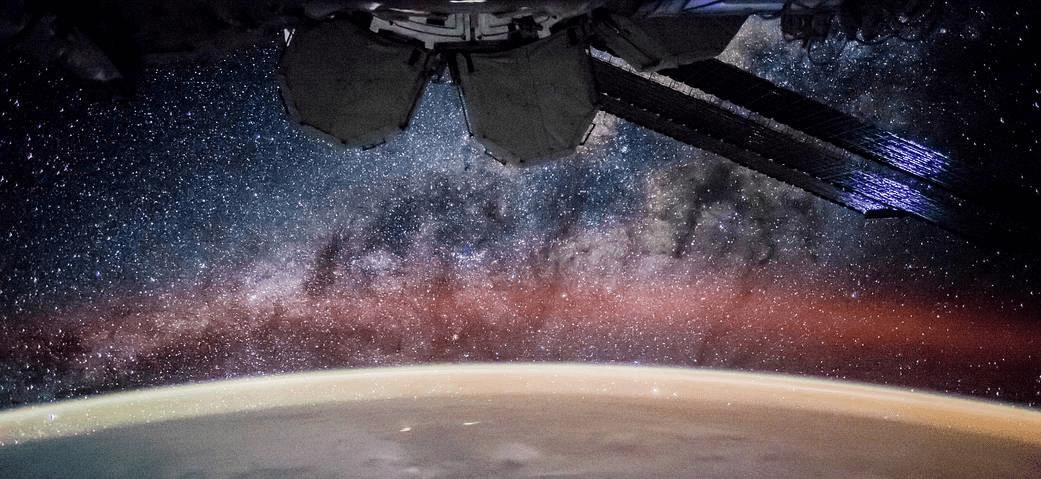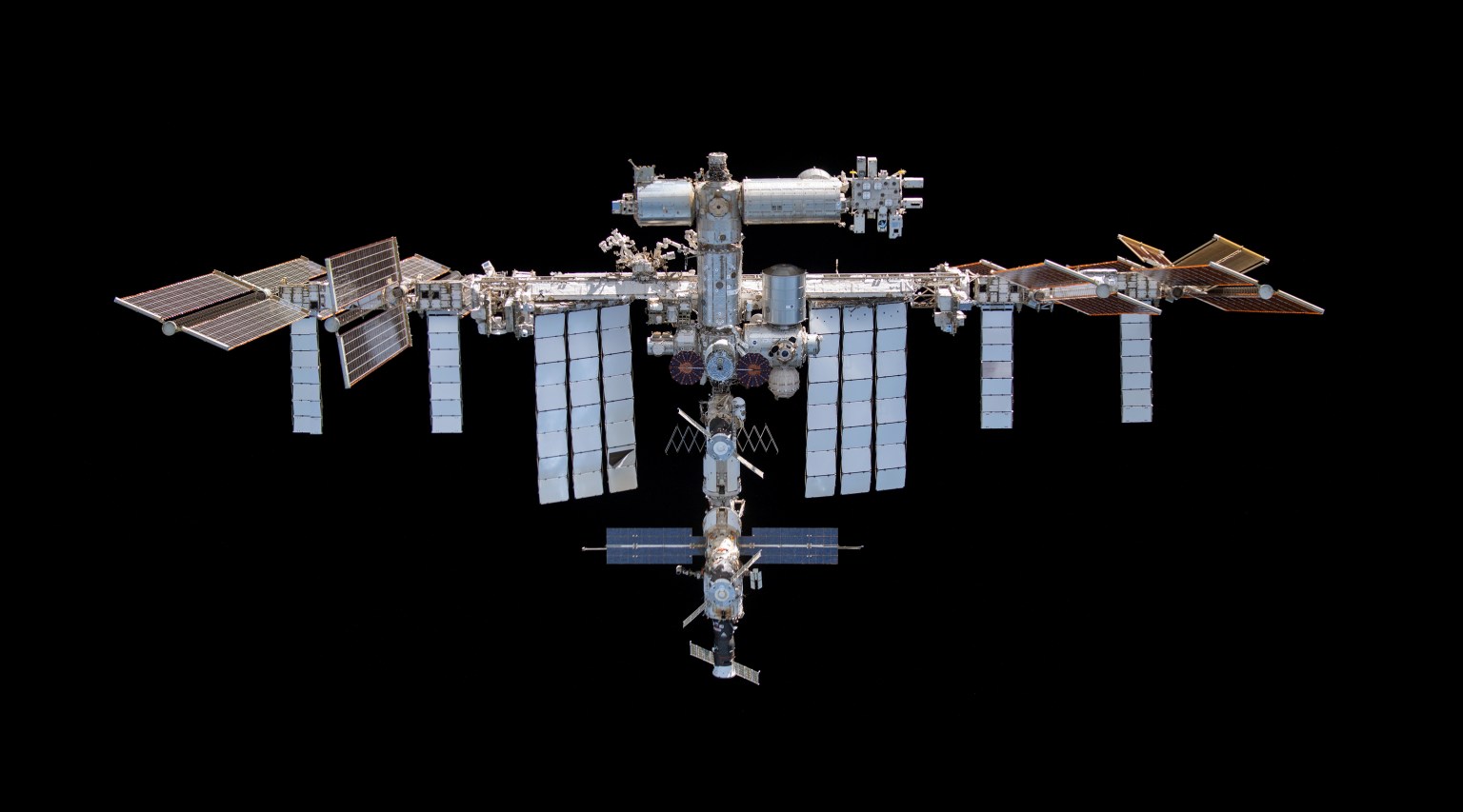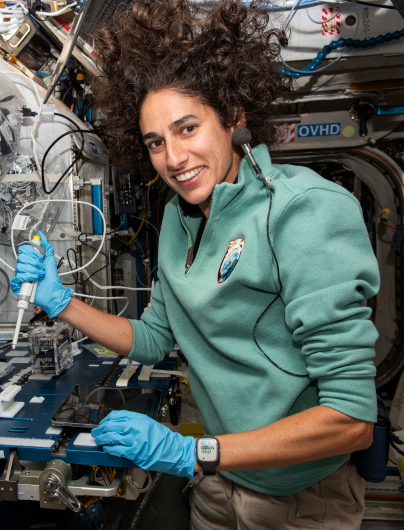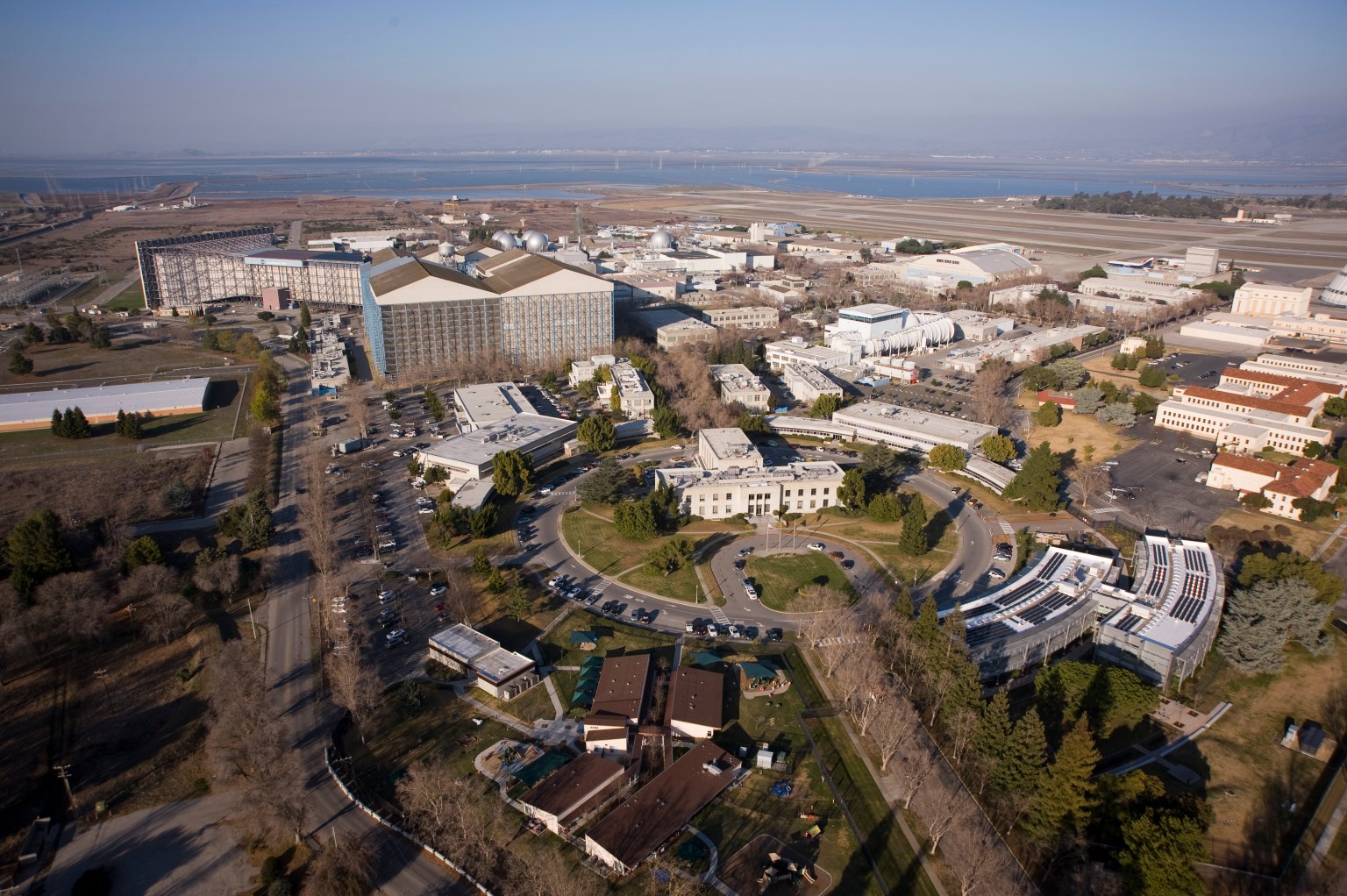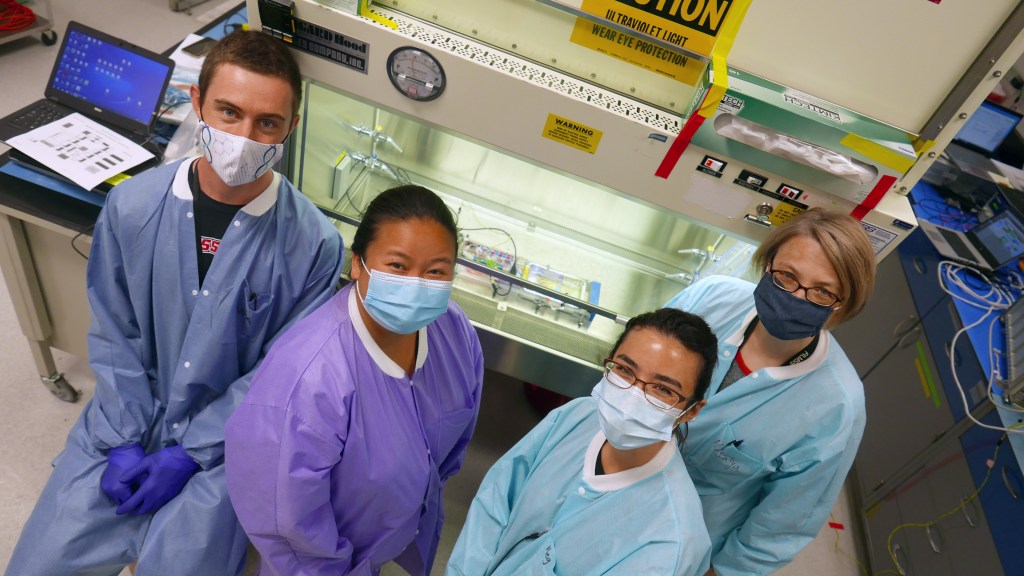

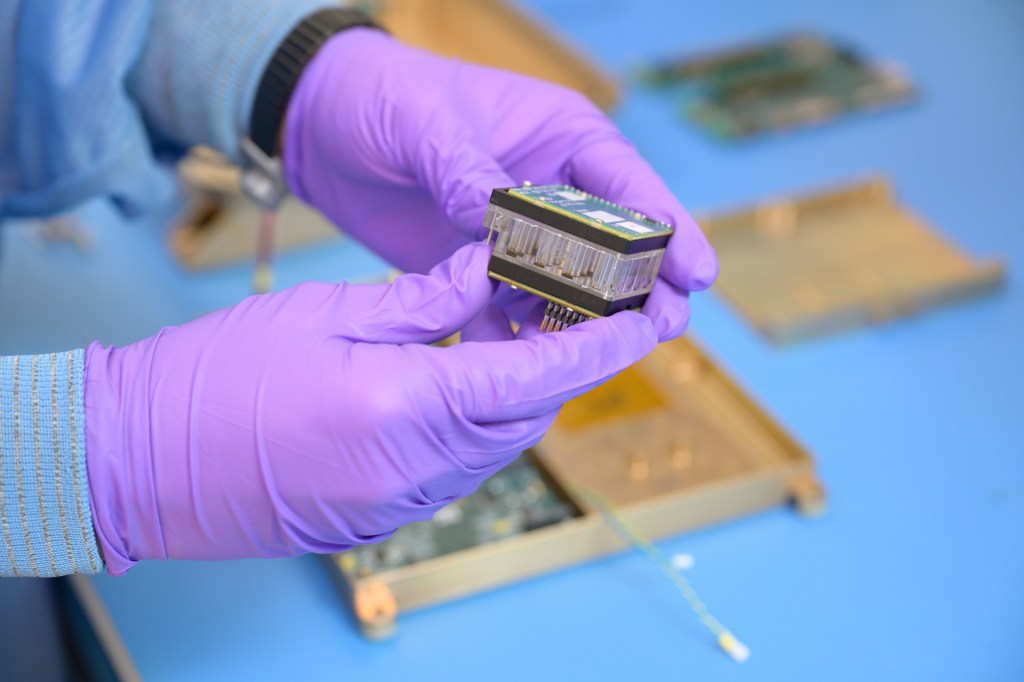
Flight Systems Implementation Branch
We Specialize in Space Science Payload Missions
The Flight Systems Implementation Branch of the Space Biosciences Division at NASA Ames Research Center leads space science payload missions through all phases of the project life cycle. Our multi-disciplinary team has deep and specialized expertise in project management, systems engineering, and technical monitoring. Our organization’s capabilities include requirements definition, trades, design, fabrication, verification and validation, flight certification, operations, and management of bioscience experiments for crewed and uncrewed payload missions.
Branch Chief
Amela Zanačić, M.A.
Assistant Branch Chief
Elizabeth Pane, B.A.
World Class Space Science Payload Development
The Flight Systems Implementation Branch has developed hardware platforms that enable efficient missions which can be deployed to test a variety of experiments without the need to engineer hardware from scratch. These include the BioCulture System (which has been used for a variety of cell culture experiments), the BioNutrient System (which has been used for experiments to develop human nutrition using engineered microbes), the CapiSorb Visible System (which was used to demonstrate replacing gravity with capillary forces to control liquids that can absorb carbon dioxide), the Vented Fly Box (for fruit fly experiments), the European Modular Cultivation System (a unique incubator aboard the International Space Station that provides dedicated, controllable life support for biological experiments in a multi-gravity environment), as well as the Rodent Research Hardware System (which includes a habitat, transporter, and animal access unit).
Projects and Research
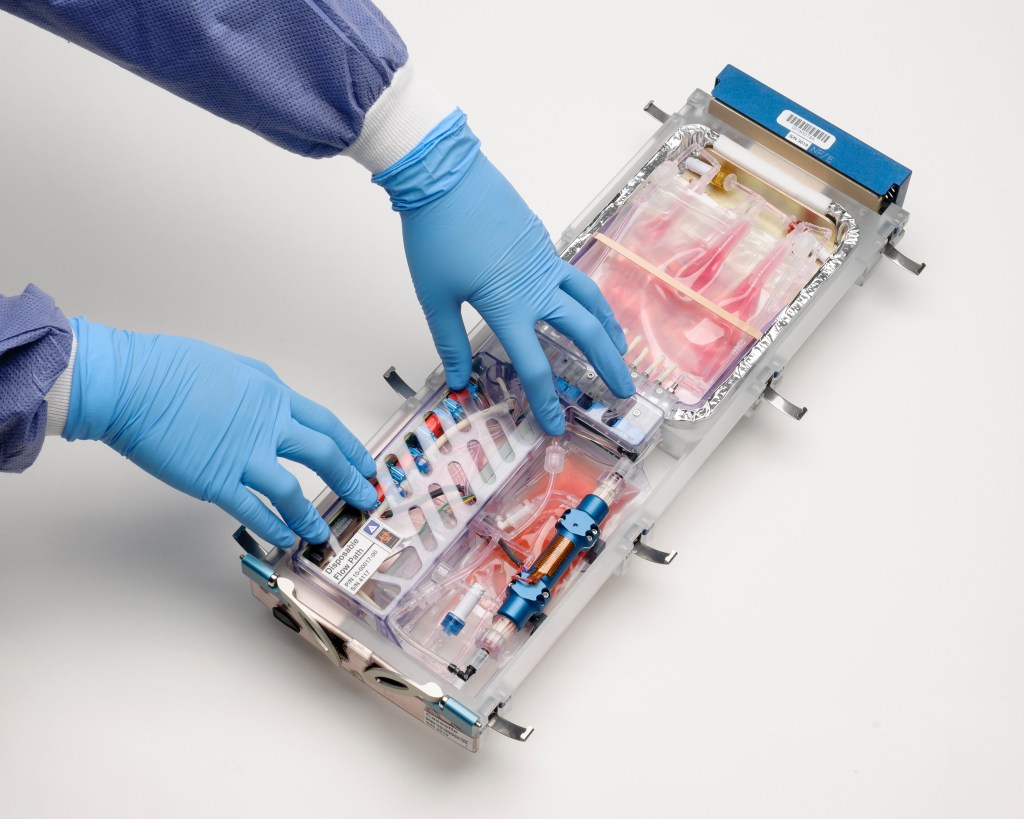
Bioculture System
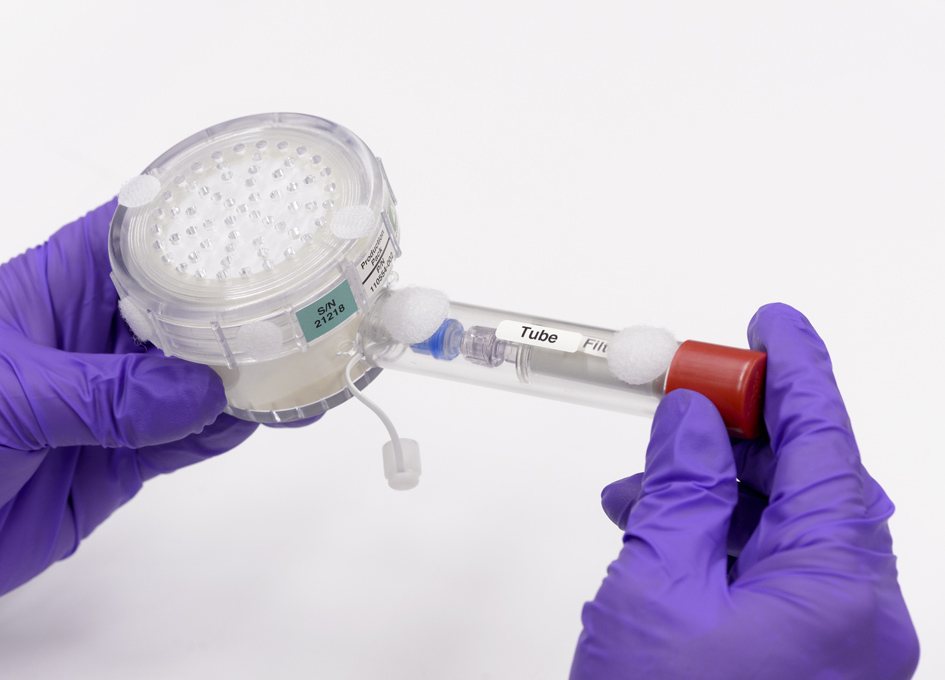
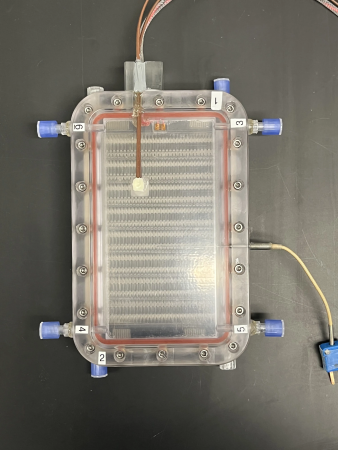
CapiSorb Visible System
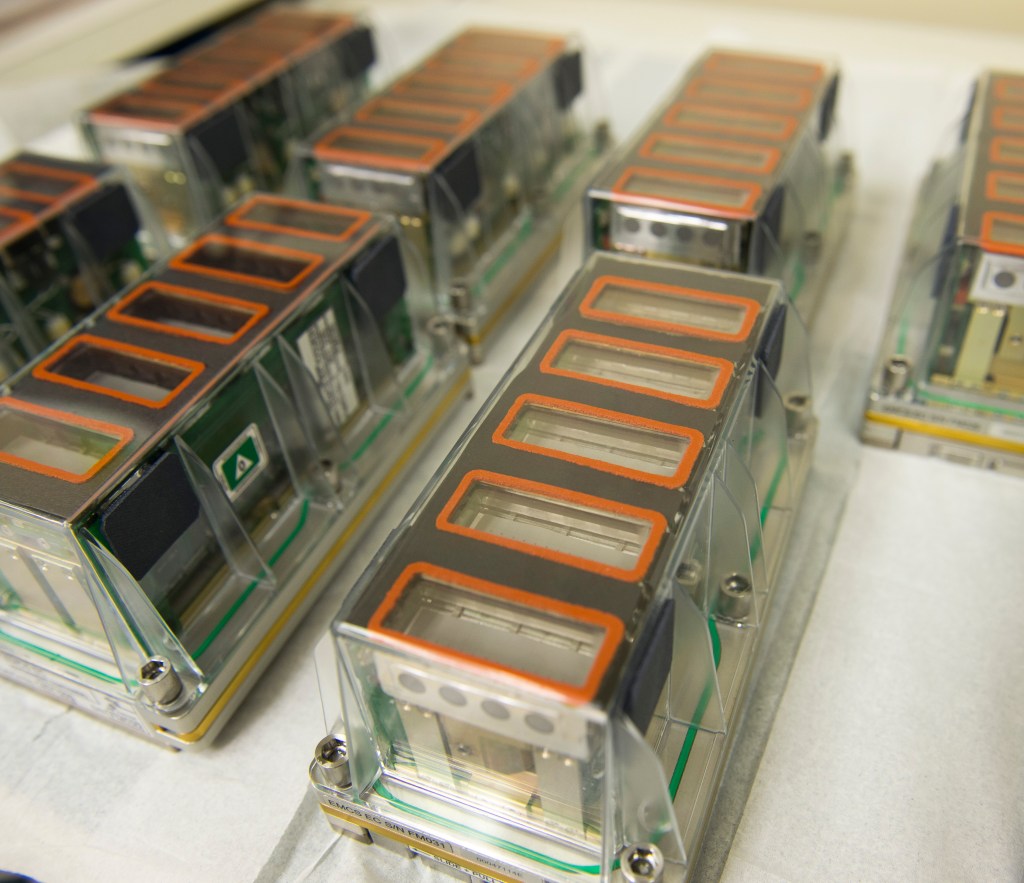
Experiment Unique Equipment – EMCS
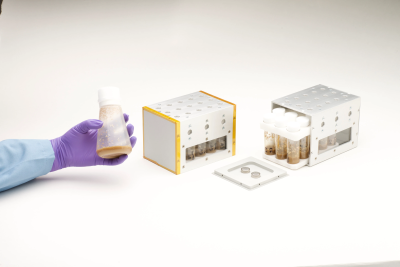
Fruit Fly Research
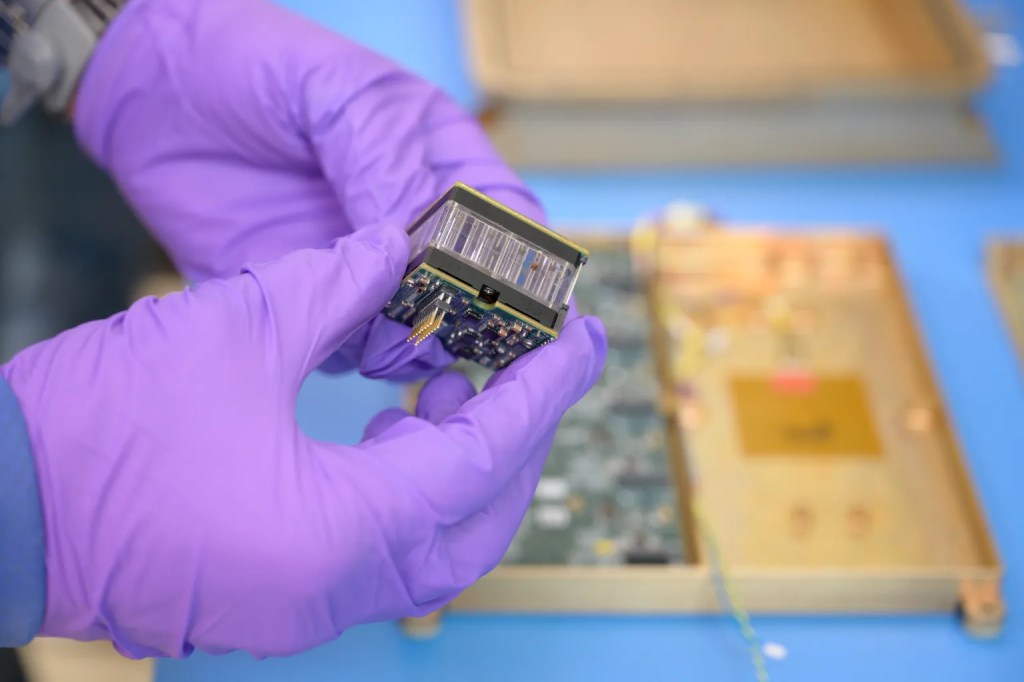
Lunar Explorer Instrument for Space Biology Applications (LEIA)
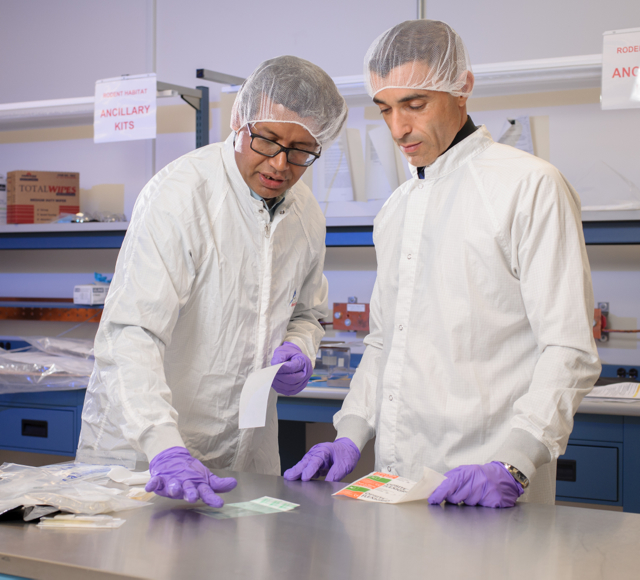
Microbial Tracking
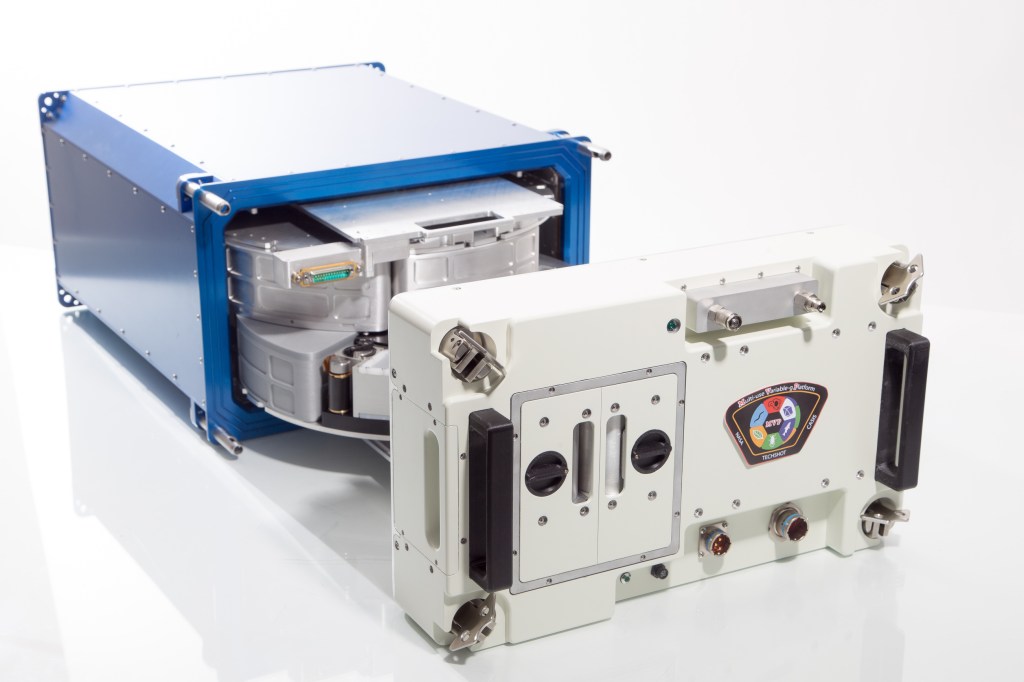
Multi-use Variable-gravity Platform
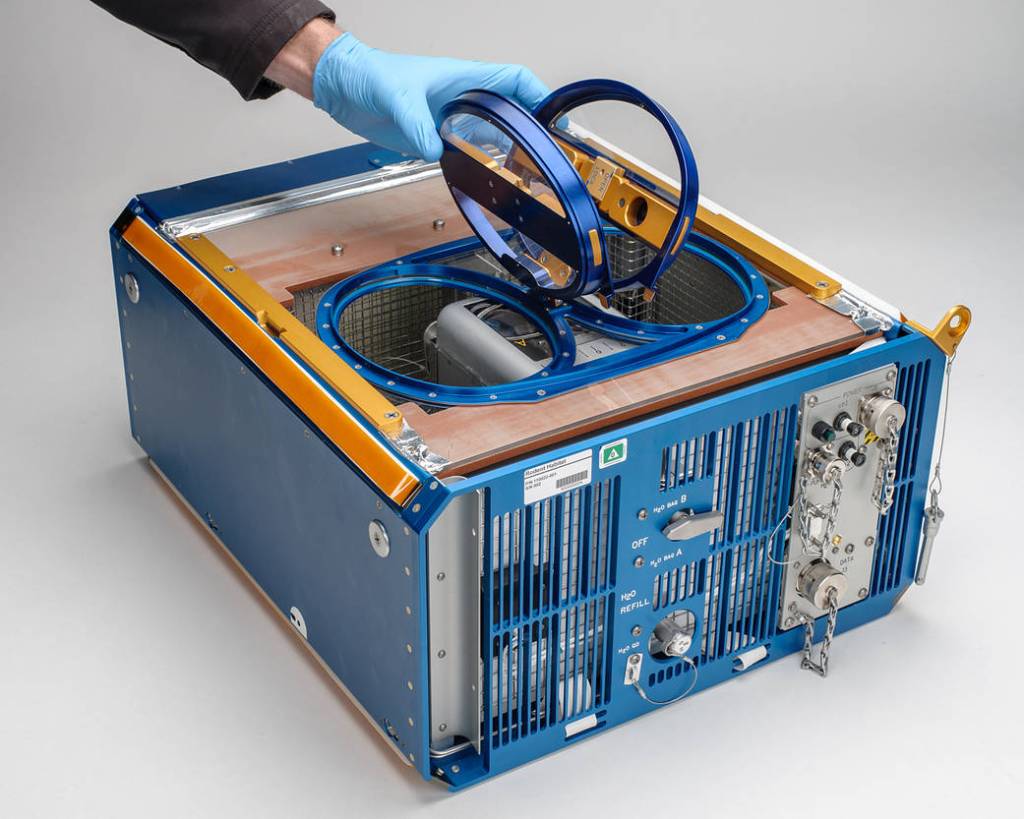
Rodent Research
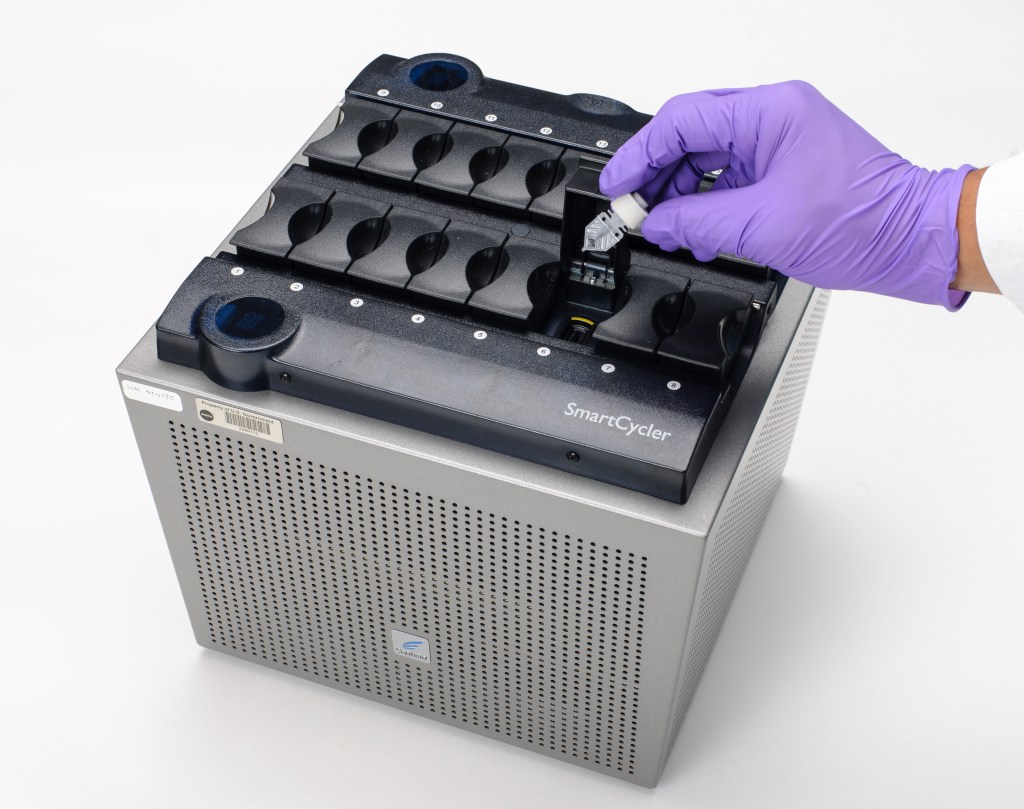
WetLab
